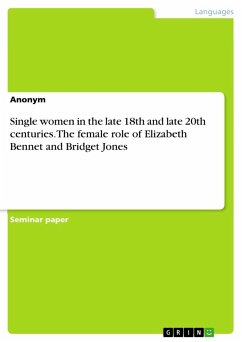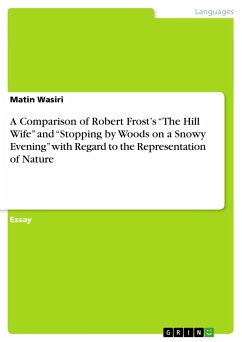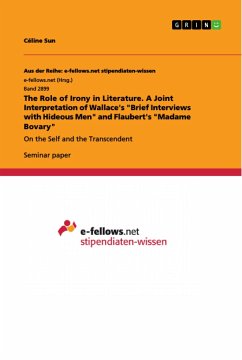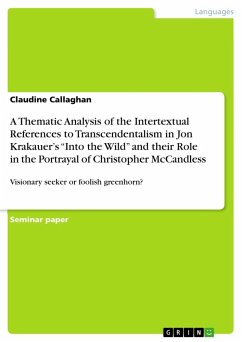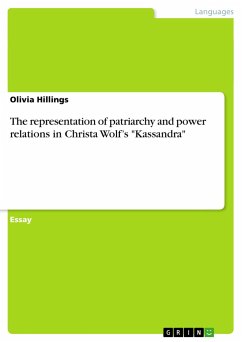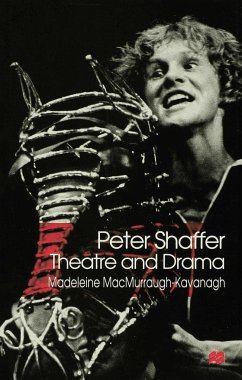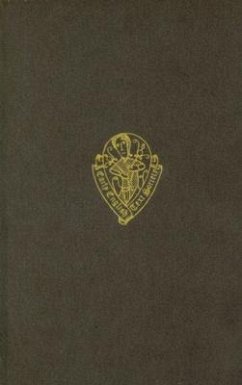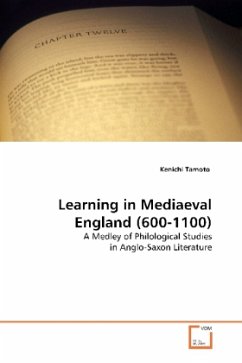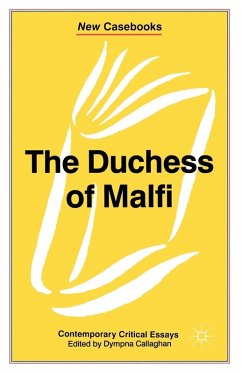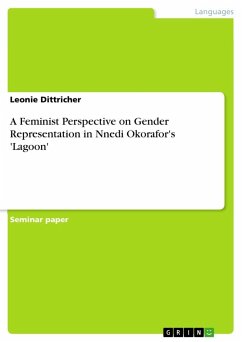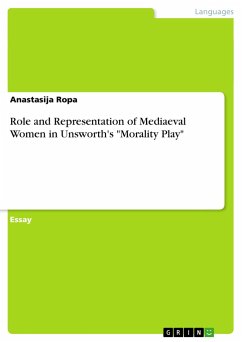
Role and Representation of Mediaeval Women in Unsworth's "Morality Play"
Versandkostenfrei!
Versandfertig in 1-2 Wochen
15,95 €
inkl. MwSt.

PAYBACK Punkte
0 °P sammeln!
Essay from the year 2008 in the subject Literature - Modern Literature, grade: Top, University of Latvia (Faculty of Modern Languages), course: MA in English Literature, language: English, abstract: According to Finke, "[i]n mediaeval scientific writing woman is both weaker than and inferior to man" (ibid.) Classical writers, such as Galen and Aristotle did not even believe that there were two separate genders but viewed women as defective, underdeveloped men. Christian writers, in turn, viewed women as seductresses, the agents of the original sin and the fall of mankind, associating the daugh...
Essay from the year 2008 in the subject Literature - Modern Literature, grade: Top, University of Latvia (Faculty of Modern Languages), course: MA in English Literature, language: English, abstract: According to Finke, "[i]n mediaeval scientific writing woman is both weaker than and inferior to man" (ibid.) Classical writers, such as Galen and Aristotle did not even believe that there were two separate genders but viewed women as defective, underdeveloped men. Christian writers, in turn, viewed women as seductresses, the agents of the original sin and the fall of mankind, associating the daughters of Eve "with the material (as opposed to the spiritual) world" (op. cit., 13). For the novel's protagonist, Nicholas, women are as foreign in their way of reasoning and as unimportant as animals, and his treatment of the only woman in the actors' company does not significantly differ from his treatment of the dog. In this, Nicolas follows the teachings of the contemporary ecclesiastic authorities, who depicted women as "more bestial (they are often compared to animals, serpents and insects), more fleshly than men, and hence more lustful."



